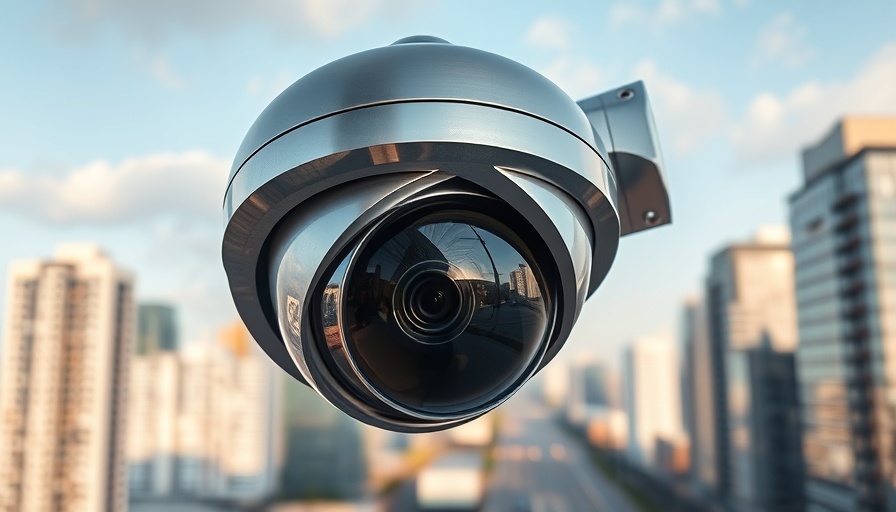
Understanding the Rise of Home Security Tech in Nigeria
The alarming rate of insecurity in Nigeria has steered many citizens towards embracing technology for their safety. As projections suggest, by 2029, up to 8.8 million households are expected to acquire CCTV systems and other smart security technologies. This shift highlights a growing trend of digital transformation in Africa, where innovation is being harnessed to combat insecurity.
With a staggering figure of over 600,000 deaths attributed to violence and insecurity in just a year, according to the Nigerian Bureau of Statistics, it’s clear why many Nigerians seek alternative measures to protect their homes. As domestic surveillance becomes more accessible, individuals are shifting from the notion of security being solely the responsibility of the police, to taking matters into their own hands through technology.
The Effectiveness of CCTV as a Security Measure
Many homeowners describe their CCTV systems as a “third eye” that contributes to their peace of mind. Iyanu Adewole from Kwara State, who installed her system following a burglary, recounts how the technology helped identify a thief in her home. While not a guarantee of safety, these cameras help empower users with the ability to monitor activities and hold individuals accountable.
Market players like Adekunle Oluwatosin Fatunde emphasize the rising demand for these security installations. Having experienced a spike post-incident, he notes that companies are adapting to market needs – offering budget-friendly alternatives, solar-powered options, and even segmented payment plans.
Future Trends in Smart Security Technology
The ongoing digital revolution in Nigeria serves as a beacon of opportunity for tech entrepreneurs and investors focusing on innovation in the security sector. The increasing penetration of smart surveillance devices is not only indicative of changing consumer behavior but also of a broader trend aiming towards smart cities in Africa.
With continued advancements in automation and digital transformation, the coming years will likely see more integrated security systems that combine AI with traditional surveillance to enhance effectiveness. From real-time monitoring to cloud storage solutions, the future is promising, creating avenues for startups and investors to participate actively in Nigeria’s emerging tech landscape.
Addressing Cybersecurity Concerns
However, the rise in digital surveillance also brings with it concerns surrounding cybersecurity. As more households adopt these technologies, the potential for cyber threats increases. Stakeholders, including the government and private sectors, must prioritize establishing frameworks that secure these devices against malicious attacks. Addressing AI ethics in Africa and promoting robust cybersecurity measures will be crucial in ensuring that the progression towards a tech-forward society does not come with unintended consequences.
In conclusion, as Nigeria moves towards a future where CCTV and smart security become household norms, the collaboration between innovators, investors, and policymakers will play a pivotal role in shaping this landscape. The focus should be on creating an ecosystem that values security, convenience, and ethical technology to ensure that these advancements bring the intended peace of mind to Nigerian citizens.
 Add Row
Add Row  Add
Add 


 Add Row
Add Row  Add
Add 

Write A Comment